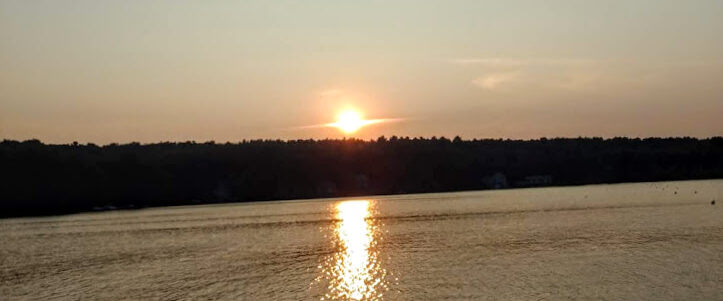In an effort to educate the Lake Maspenock Membership and surrounding communities of Hopkinton, Milford and Upton, we have compiled some documentation for the support of herbicides to be used as a treatment source, along with other lake weed management guidelines and facts, to help preserve our most beautiful resource. As always, please feel free to email LMPA with any concerns or questions.
Search for aquatic herbicides registered in Massachusetts
Representative Municipal Project References for Lake Maspenock
LMPA All Membership Meeting Weeds 10–28-19
The Truth About Aquatic Herbicides
State of Massachusetts — Herbicides for Aquatic Vegetation Management
NALMS-Herbicides-Position-Statement_20190208-update
Aquatic Vegetation Management
Phosphorus in the Environment
Fact Sheet — Benefits of Controlling Nuisance Aquatic Plants
Benefits of Controlling Nuisance Aquatic Plants and Algae in the US
The Practical Guide to Lake Management in Massachusetts
Lake Cochituate Efforts Failed in 2007
Natick OKs Use of Chemicals 4–5‑14
Time Line of Aquatic Control Issues
Guide to Herbicide Registration
Conservation Commission — HopNews Article
EPA Position on Diquat — Update of Older Studies
Swimming Limitations of Diquat
